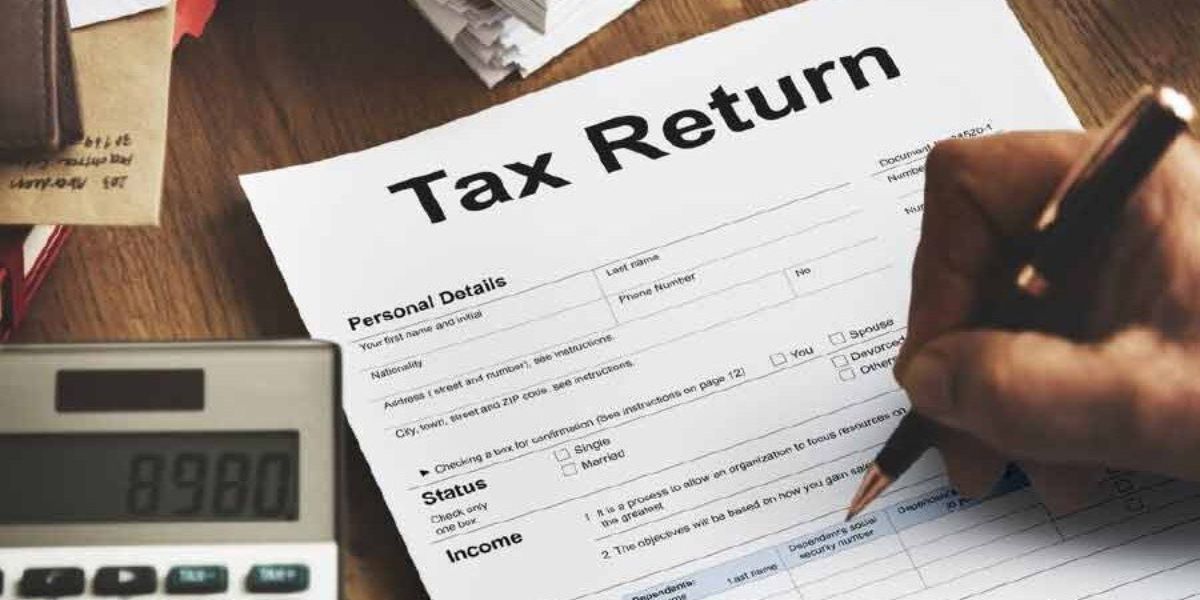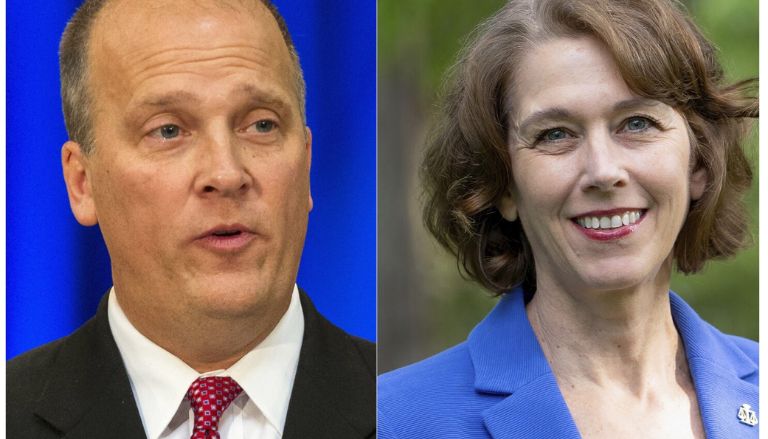The 2025 tax season has started, and there are a few key factors that Americans should think about while filing their taxes. As they get ready to submit their returns, US filters should be aware that this blunder could result in an automatic $5,000 penalty.
Congress established a provision that imposes an automatic $5,000 fine on taxpayers who attempt to postpone or impede the implementation of federal tax legislation.
The worrying increase in taxpayers intentionally breaching tax regulations for insignificant reasons prompted the enactment of this regulation.
Instead of focusing on people who unintentionally break the law by asking for an excessive refund, it targets “protest” returners.
In order to avoid the penalty, federal lawmakers also require the Internal Revenue Service (IRS) to send a letter to the individual who causes the error, offering them the opportunity to correct it within 30 days of being made aware of it.
Therefore, what should taxpayers know to avoid getting a $5,000 fine out of the blue?
Many individuals are not aware that filing their taxes in this manner might result in fines of up to $5,000
Truthfulness and accuracy are essential when filing a tax return with the IRS. If the tax office deems your position in your filing to be “frivolous,” you and your spouse, if you file jointly, could both be subject to an immediate $5,000 penalty.
Following Section 326(a) of the Tax Equity and Fiscal Responsibility Act of 1982, Section 6702 was added to the Code, establishing a civil penalty for submitting frivolous income tax returns.
The IRS states that a filer who submits what they claim to be an income tax return but either includes information that, on its face, suggests the self-assessment is substantially incorrect or omits information that could be used to assess the self-assessment’s substantial correctness will be penalized immediately.
Additionally, based on the alleged return, the agency determines that the submission was driven by either a frivolous position or a desire to hinder or postpone the execution of federal income tax laws.
In addition to the $5,000 fine, all other penalties and fines may be applied. As mentioned before, the IRS must send a letter to taxpayers.
When the IRS processes a return that looks to have been completed by a “ghost preparer” and lacks a Preparer Tax Identification Number (PTIN) or a signature, suspicions will be aroused regarding the return’s authenticity.
If you do receive one of these letters, though, be aware that the language may not fully notify the Taxpayer Advocate Service about where the issue is in your filing.
The IRS office has been successful in getting some clarifying wording added to letters, but they feel that it is still insufficient.
Does filing a tax return require Americans to get in touch with the IRS?
The IRS typically requires most U.S. citizens and residents who work in the country to file a tax return if their gross income is $14,600 or more.
The income thresholds vary according on an individual’s filing status.
Millions to Receive $1,400 IRS Stimulus Refunds Automatically
For example, heads of households with gross incomes of $21,900 or more, as well as married persons under 65 who earn $29,200 or more, must file. The threshold drops to $5 for married people filing separately.
Even if someone else is claiming you as a dependent, you still need to file a return if you have at least $1,300 in “unearned” income, such as interest from investments.
Other factors, such having a disability, can affect your requirement to file. The IRS offers a 12-minute online test to determine if you need to file a return.
You may still want to file a return even if the Internal Revenue Service does not force you to. You may be eligible for compensation if your employer withheld any taxes from your paycheck.
Disability Pensioners to Receive Direct Payments of Up to $4,018 in the Coming Days
Lisa Greene-Lewis, a TurboTax expert and certified public accountant, claims that the IRS has more than $1 billion in unclaimed returns. According to a Talker Research TurboTax survey, 20% of Gen Zers believe they are exempt from paying taxes.







Leave a Comment